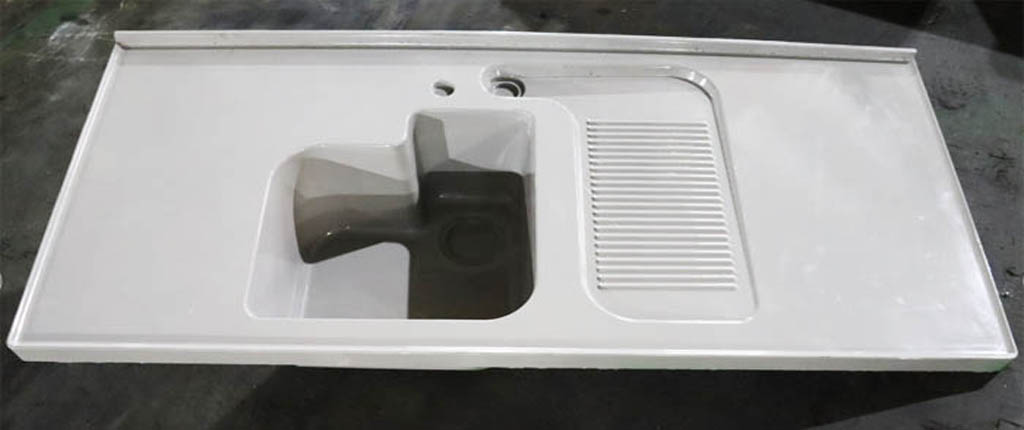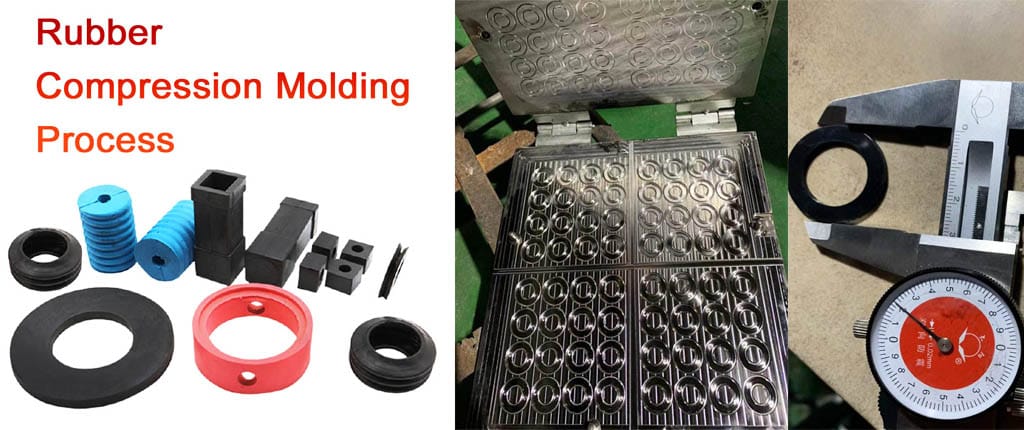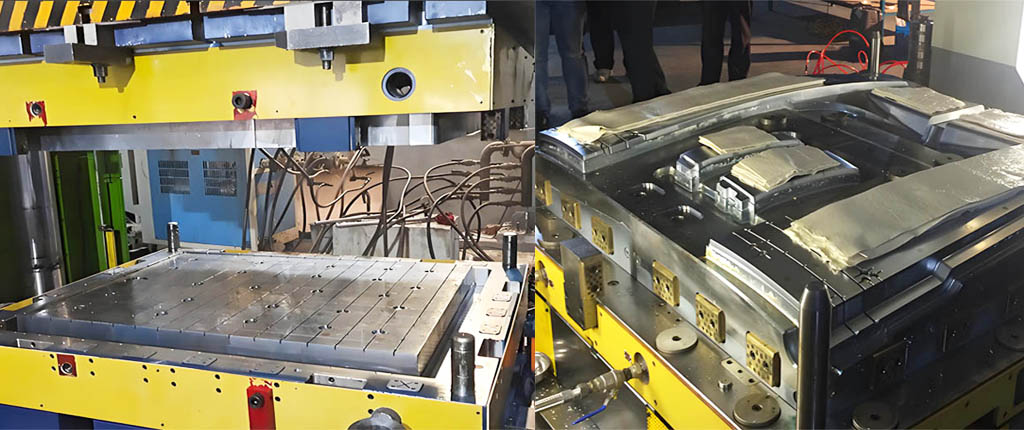Table of Contents
ToggleExplore the excellent application of SMC materials in laundry tub molds
Compared with general SMC, the SMC in the SMC laundry tub mold has stricter material requirements, so pay attention to the quality management of raw materials and strictly control the accuracy of the formula. The surface quality of SMC products has an important relationship with the selection of raw materials, such as the use of low-roughness resin, and the resin and fiber are precisely matched.
Application of SMC material in SMC laundry tub,SMC materials have many unique application advantages in SMC laundry tubs, bringing many improvements to the design and manufacture of laundry tubs. SMC material, the abbreviation of Sheet Molding Compound, is a high-performance composite material composed of glass fiber, resin and filler, which is formed by heating and compression molding.
Application of SMC material in SMC laundry tub reflects the multiple advantages of this material:
1. Lightweight and high strength:
SMC material has an excellent strength-to-weight ratio, which makes the SMC laundry tub light and easy to carry, and has sufficient structural strength to ensure a long service life.
2. Corrosion resistance
SMC materials are resistant to corrosion in different environments, including water and chemicals, so they can resist the erosion of water, detergent and other chemicals for a long time in the laundry tub.
3. Design flexibility
SMC materials can be molded into various shapes and sizes, enabling designers to create a variety of attractive laundry tub appearances. Whether it is a traditional style or a modern style, it can be easily achieved.
4. Thermal stability
SMC material remains stable under high temperature and extreme temperature changes, not easily deformed or damaged, which is especially important in the laundry tub, because it often encounters high temperature water and hot air.
5. Sealing performance
SMC material can achieve excellent sealing performance through the design and manufacturing process to prevent water leakage and ensure the normal use of the laundry tub.
6. Energy saving and environmental protection
The energy required to manufacture SMC laundry tubs is relatively low, and the materials can be recycled, which helps to reduce the impact on the environment.
7. Easy maintenance
SMC laundry tubs are not prone to stains and wear, so cleaning and maintenance are relatively easy, saving users time and effort.

Compared with general SMC, the SMC in the SMC laundry tub mold has stricter material requirements, so pay attention to the quality management of raw materials and strictly control the accuracy of the formula. The surface quality of SMC products has an important relationship with the selection of raw materials, such as the use of low-roughness resin, and the resin and fiber are precisely matched.
SMC production control: In the entire SMC production process, the moisture content of the system, especially the moisture content of the raw materials, should be strictly controlled, which has a significant impact on the thickening of SMC and its thickening stability. Low moisture content is not conducive to the early thickening of SMC molding compound, which will further affect the maturation of SMC; high moisture content, SMC molding compound thickening speed in the early stage is fast, which affects the impregnation of glass fiber, which is easy to cause “clamping” of SMC molding compound. The phenomenon of “stuffing” is also an important factor affecting the subsequent use and operation of SMC, SMC process performance and final product performance. Therefore, the raw materials of SMC molding compounds must strictly control the moisture content. Generally speaking, the moisture content of each component should be controlled below 0.1%. During the batching process of SMC, the moisture content of the resin paste should be controlled between 0.1 and 0.2%. should.
SMC production control: In the entire SMC production process, the moisture content of the system, especially the moisture content of the raw materials, should be strictly controlled, which has a significant impact on the thickening of SMC and its thickening stability. Low moisture content is not conducive to the early thickening of SMC molding compound, which will further affect the maturation of SMC; high moisture content, SMC molding compound thickening speed in the early stage is fast, which affects the impregnation of glass fiber, which is easy to cause “clamping” of SMC molding compound. The phenomenon of “stuffing” is also an important factor affecting the subsequent use and operation of SMC, SMC process performance and final product performance. Therefore, the raw materials of SMC molding compounds must strictly control the moisture content. Generally speaking, the moisture content of each component should be controlled below 0.1%. During the batching process of SMC, the moisture content of the resin paste should be controlled between 0.1 and 0.2%. should.

By selecting appropriate resins and fillers, strictly controlling the thickening reaction, and using the method of using chopped and continuous fibers together, an SMC molding compound that meets the requirements for the use of Audi car spare tire wells has been developed. Corrosion resistance, flame retardant and other aspects have shown great advantages.
Some studies have also found certain non-polymeric synergists that work synergistically with both chemically thickened and unthickened materials, such as the addition of small amounts of epoxy compounds in combination with standard low shrinkage agents such as PVAc. Provides improved shrinkage control when used; small amounts of secondary monomers (eg, methyl methacrylate, dipropylene phthalate) added to styrene-based systems can also act as a synergist.


